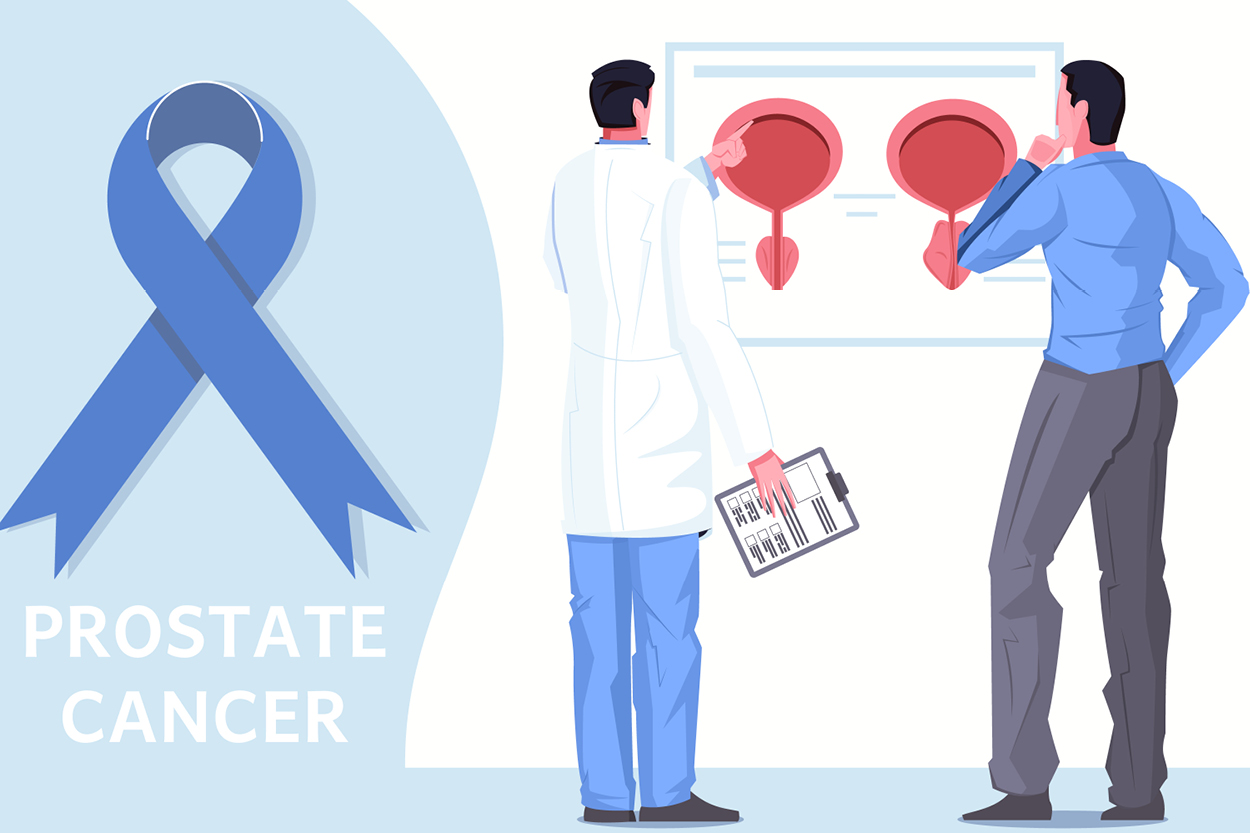Your prostate is a small, walnut-sized gland that sits below your bladder. When cells begin growing abnormally, it can affect your daily life in ways you might not expect. Understanding what prostate cancer means for you personally can help ease anxiety and empower you to make the best decisions for your situation.
Your age plays the biggest role in your prostate cancer risk. If you're over 50, your chances increase significantly with each passing year. However, other factors might put you at higher risk earlier in life.
Consider these key risk factors:
- Family history: If your father or brothers had prostate cancer, your risk doubles
- Race: African American men face higher rates and more aggressive forms of the disease
- Lifestyle: Diets high in red meat and low in fruits and vegetables may increase risk
- Weight: Carrying extra weight, especially around your midsection, may play a role
The good news? Some of these factors, like diet and weight, are within your control to change starting today.
Early prostate cancer often stays silent, which is why many men feel surprised by a diagnosis during routine screening. However, as problems develop, you might start experiencing symptoms that affect your daily routine.
Pay attention to these changes:
- Frequent nighttime urination or difficulty starting urination
- Weak urine stream or feeling like your bladder never completely empties
- Blood in your urine or semen
- Persistent pain in your back, hips, or pelvic area
- Changes in sexual function
Remember that these symptoms don't automatically mean you have cancer. Many men experience similar issues due to benign prostate enlargement, infections, or other health conditions. The key is having an honest conversation with a healthcare provider who can properly evaluate what's happening.
Most men begin screening discussions around age 50, but you might need to start earlier if you're African American or have a family history of prostate cancer. Don't wait for symptoms to appear, as early-stage prostate cancer rarely causes noticeable problems.
Your prostate health journey is uniquely yours, and you deserve care that recognizes your individual needs and concerns. Take comfort in knowing that prostate cancer outcomes have improved dramatically. When detected early, more than 99% of men survive, and even in advanced cases, many respond well to today's treatment options.
If you're ready to take the next step in understanding your prostate health or have questions about symptoms you've been experiencing, contact Astera today to schedule a consultation with our compassionate team, who will work with you to develop a personalized approach to your health.

